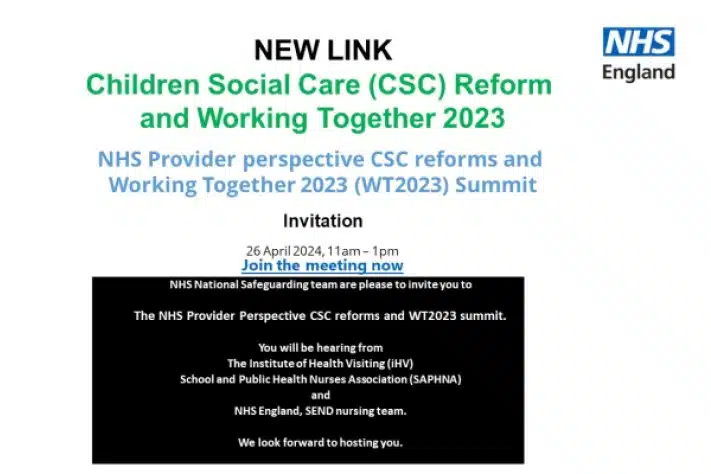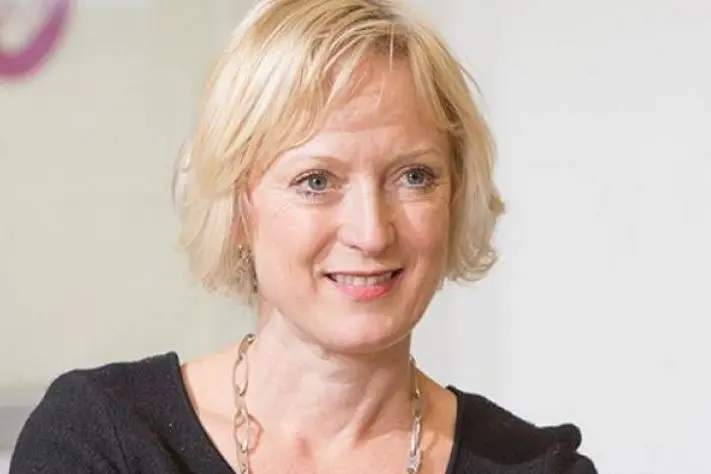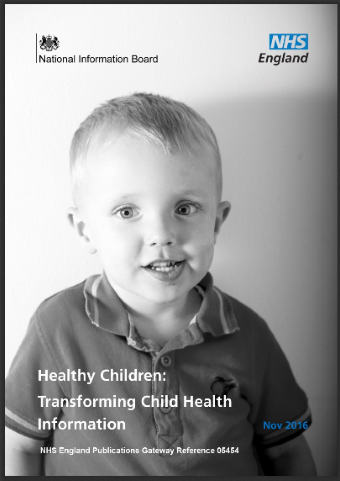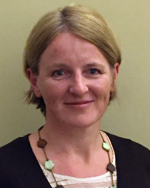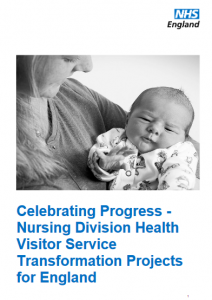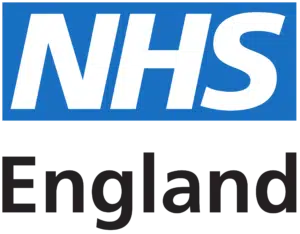
New joining link for Working Together 2023 Summit
- Date: 26 April 2024
- Time: 11am – 1pm
NHS Safeguarding apologises for the technical problems that a number of people experienced joining this week’s Working Together Summit via their events platform.
To resolve these issues and ensure that you are able to hear our CEO Alison Morton’s presentation on the provider perspectives on Working Together changes 2023 (alongside the other panel of speakers from SAPHNA and NHS SEND team), NHS Safeguarding will be reverting to the tried and tested MS Teams platform for the next Summit which is being held on Friday 26 April (11am-1pm). This means that the previously shared link will no longer work.
This new way of interacting will improve your learning experience and mean greater engagement during the discussion session.
Please delete the previous links that you have received for this event and use this link instead:
(Please note there is no booking for this event – just join the meeting link on the day)
Kenny Gibson at NHS Safeguarding says:
Dear safeguarding colleagues, many thanks for your on-going support with the implementation of Children’s Social Care reforms and Working Together 2023.
Please note that due to technical challenges, NHS Safeguarding has decided to change our Teams technology for Friday 26 April – this will improve your learning experience and mean greater engagement during the discussion session.
In the session you will be hearing from:
Alison Morton, CEO, The Institute of Health Visiting (iHV)
Sharon White, CEO, School and Public Health Nurses Association (SAPHNA)
Lorraine Mulroney, NHS England, SEND nursing team.
The event will include time for discussion and Q&A with the speakers and NHS Safeguarding Team.

